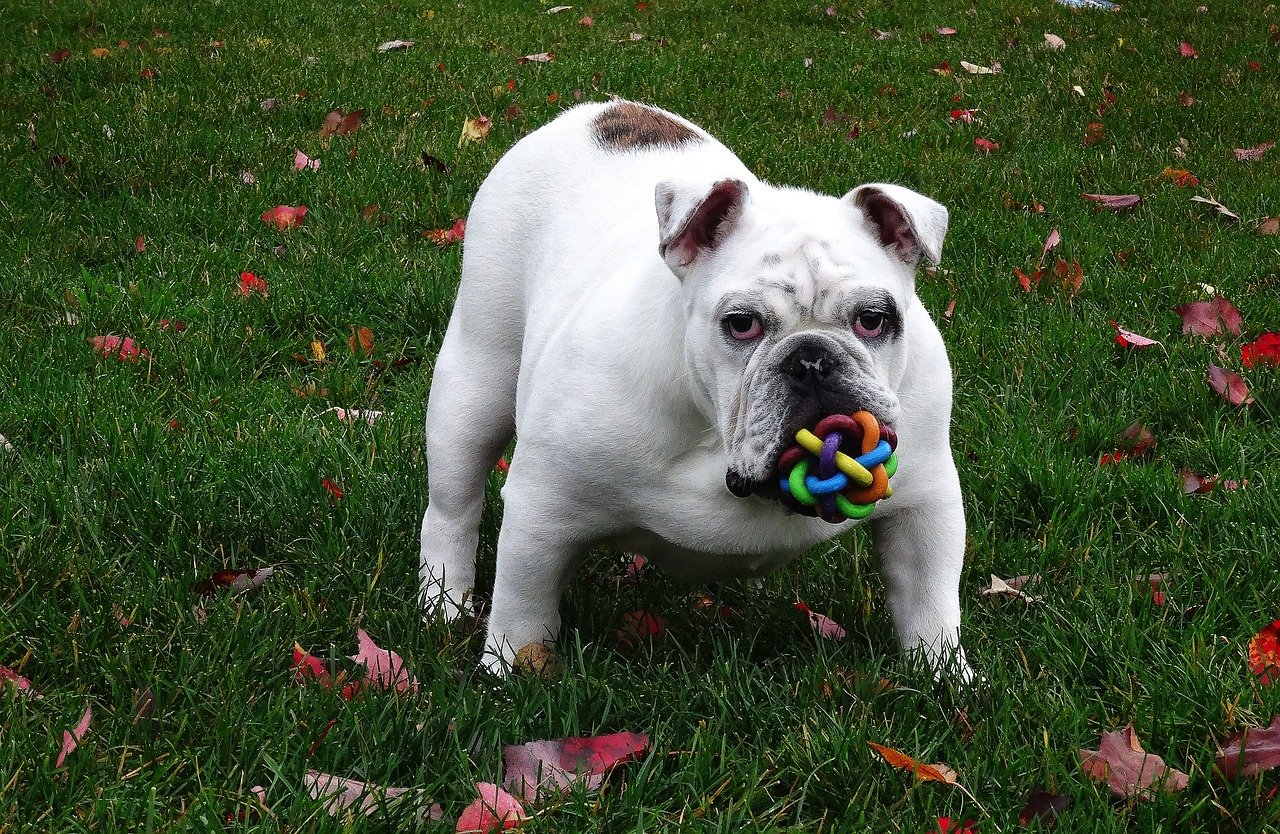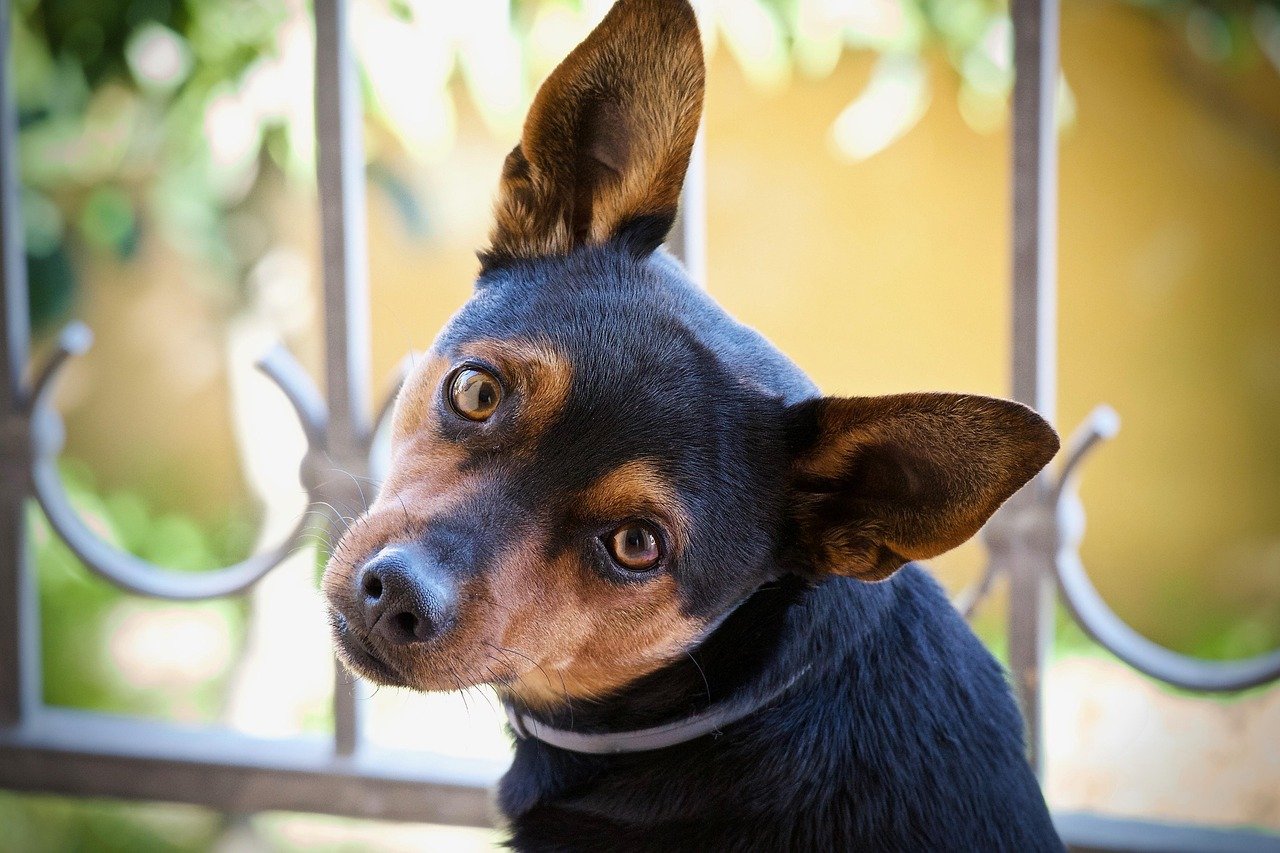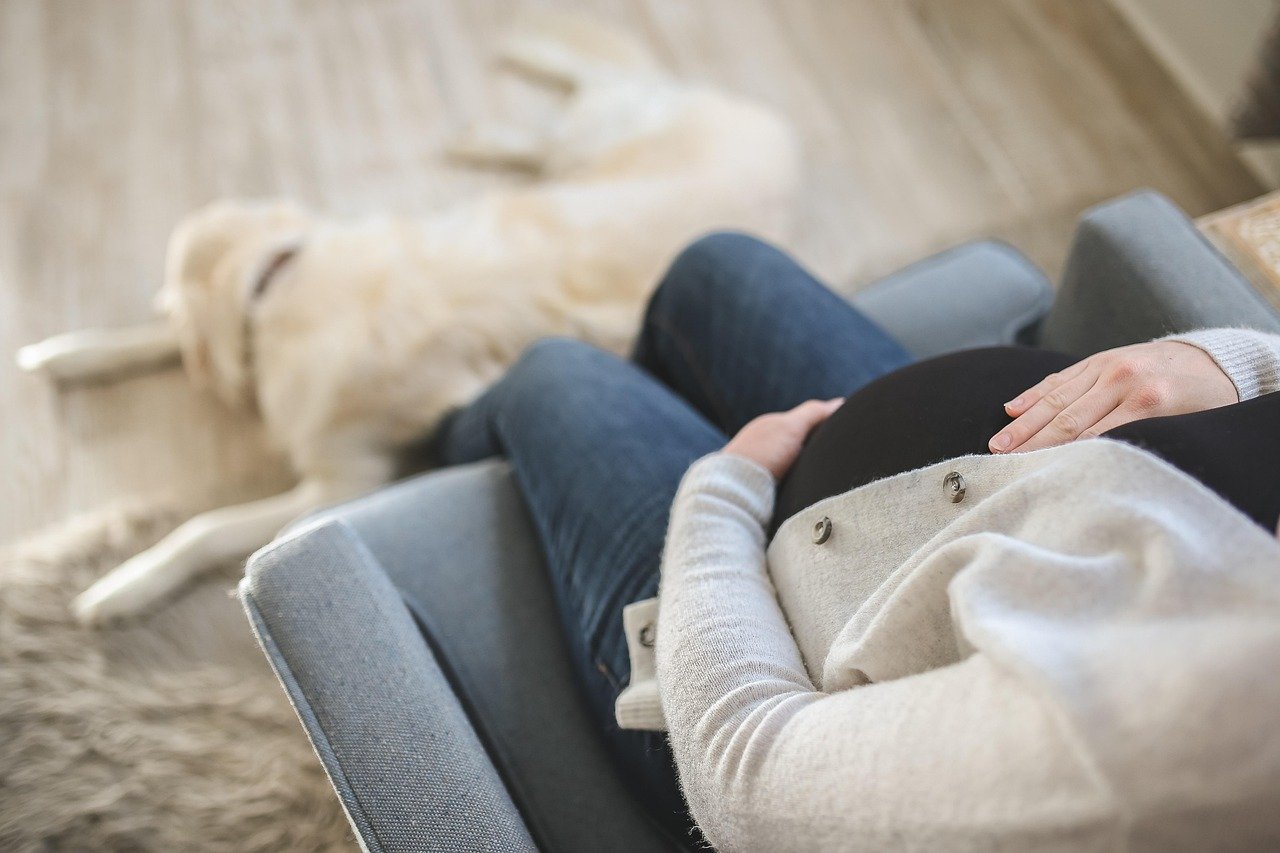Have you ever wondered if your dog’s love for you goes deeper than daily walks and a wagging tail when you come home? Sometimes, loyalty is just the beginning—what follows is a deep, emotional bond that’s almost magical to witness. I’ve shared my couch, secrets, and even snacks with my furry friend, and sometimes, I catch him watching me with those soulful eyes, as if he understands every joy and sorrow in my life. Dogs have an incredible capacity for emotional connection, often going far beyond what people expect. So, how do you know your pup is truly, deeply attached to you—not just loyal, but emotionally intertwined with your life? Let’s unravel the clues together.
They Read Your Moods Like a Book
Dogs are masters at picking up on our emotions. If you’ve ever had a bad day and found your dog quietly sitting beside you, offering comfort without words, you know exactly what I mean. Their ability to sense sadness, excitement, or even mild frustration is uncanny—they often mirror our feelings or gently try to lift our spirits.
This emotional radar isn’t just coincidence. Research shows dogs can recognize human facial expressions and react accordingly. When your dog cuddles up to you during tough times or joins your celebrations, they’re showing a true emotional bond—a sign that their attachment runs deep, way past simple loyalty.
They Seek Physical Closeness, Not Just Attention
If your dog always wants to be near you—not just for food or play, but simply to share your space—it’s a sign of something special. Whether it’s leaning against your leg while you read or curling up next to you during a movie marathon, their choice to be close is heartfelt.
This behavior goes beyond seeking treats or walks. Dogs who are emotionally attached crave your presence for comfort and security. You might notice your dog following you from room to room, quietly content just being near you. That constant companionship is a sure sign of a deep, loving bond.
They Offer Comfort When You’re Down
One of the most touching signs of emotional attachment is when your dog tries to comfort you. They might nuzzle your hand, rest their head in your lap, or gently paw at you when you’re upset. It’s as if they’re saying, “I’m here, and I care.”
I remember a day when I was sobbing over a loss, and my dog gently licked my tears away. That’s not something you can train—it’s pure empathy. Dogs who are emotionally invested will go out of their way to ease your pain, showing genuine concern for your well-being.
They Watch You With Gentle Eyes

Ever catch your dog staring at you with a soft, loving look? That gaze isn’t just curiosity—it’s a sign of emotional connection. Dogs use eye contact to communicate trust and affection, and a gentle gaze is one of the most powerful cues.
Some experts even say that when a dog looks at you tenderly, both human and canine brains release oxytocin—the same hormone that bonds mothers to babies. If your dog often locks eyes with you, especially during quiet moments, it’s a beautiful signal of deep attachment.
They Celebrate Your Return—No Matter How Long You’re Gone

You probably know that classic scene: you walk in the door, and your dog explodes with joy, tail wagging, body wiggling, as if you’ve been gone for ages—even if it’s just been five minutes. This isn’t just loyalty; it’s a burst of relief and happiness tied to your presence.
Emotionally attached dogs struggle with your absence and genuinely miss you. Their enthusiastic greetings, complete with happy barks, jumps, or even “talking,” are love letters written in movement. It’s their way of saying, “I’m happiest when you’re here.”
They Share Their Favorite Toys With You

A dog bringing you their cherished toy isn’t always an invitation to play. Sometimes, it’s a heartfelt gesture—they’re sharing what they love most with the person they love most. It’s like a child handing you their favorite teddy bear.
This act of sharing is rooted in trust. Dogs who are emotionally attached want you to be part of their world. Next time your dog drops a slobbery toy in your lap, see it as a gift—a sweet, slobbery token of their affection.
They Show Separation Anxiety—But Only Over You
If your dog becomes restless, whines, or paces when you leave—but is fine with other family members coming and going—it’s a clear sign their attachment is laser-focused on you. Separation anxiety, while tricky, is often rooted in deep emotional bonds.
This behavior isn’t about being spoiled; it’s about genuine attachment. If your dog only seems anxious when you’re away, try leaving behind a worn T-shirt with your scent. Sometimes, just the smell of you can ease their worries, showing how much your presence matters.
They Listen to You—Even When Distracted

Dogs who are emotionally connected prioritize your voice above all else. If your dog comes when called, stops chewing your shoe when you say “no,” or simply looks to you for direction—even with distractions around—it’s not just good training. It’s respect and devotion in action.
This attentiveness is a sign that your relationship is built on mutual trust. Your dog values your approval and guidance, often tuning out the chaos of the world to tune into you. That’s more than obedience; it’s heart-to-heart connection.
They Mirror Your Habits and Routines

Dogs are great at syncing up with their favorite humans. You might notice your dog rising when you wake, settling down when you relax, or even adjusting their activity level to match yours. It’s as if they’re in perfect step with your daily rhythm.
This mirroring isn’t accidental. Emotionally attached dogs adapt to your lifestyle, wanting to be part of your every moment. It’s their way of saying, “We’re in this together.” If your dog seems to know when it’s time for bed or when you need some quiet, their bond with you is strong and intuitive.
They’re Protective—But Not Possessive

An emotionally attached dog will keep an eye on you, making sure you’re safe, but won’t become aggressive or possessive. You might notice your dog positioning themselves between you and a stranger or gently nudging you away from perceived danger.
This kind of protection is gentle and watchful, not controlling. It’s rooted in care, not dominance. The best example? My own dog once stood quietly between me and a barking dog at the park—not barking back, just being calmly present. That’s the kind of loving guardian only a deeply attached dog can be.






